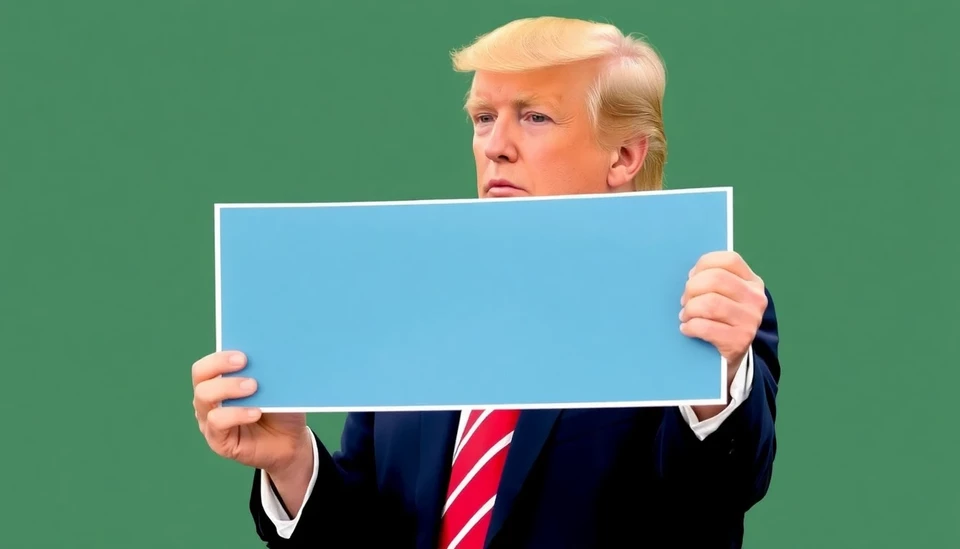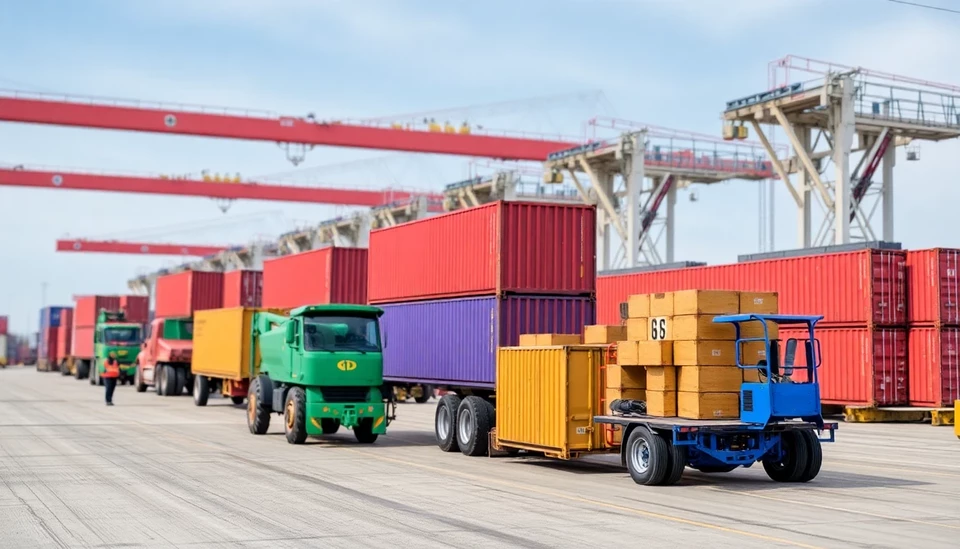
In an unexpected turn of events, former President Donald Trump recently issued a stark warning regarding potential tariffs, shedding light on his strategic considerations ahead of the upcoming election. His remarks have reignited discussions about the implications of such trade policies on the American economy and consumers.
Trump's comments suggest that he is contemplating reintroducing tariffs on various goods, a move that could resonate with his base and send ripples through the current economic landscape. He believes that imposing these tariffs would serve as a tactical advantage in negotiating better trade deals, particularly with China and other nations involved in significant trade with the U.S.
However, the question of who truly pays the price for these tariffs is far more complex than it may seem at first glance. Economists consistently argue that tariffs are essentially a tax imposed on imports, leading to increased costs for American manufacturers and, ultimately, consumers. If importers face higher costs due to tariffs, they often pass these expenses onto consumers, resulting in inflated prices across the board for everyday goods.
For instance, Trump’s previous tariff initiatives led to substantial price hikes in products such as steel, aluminum, and even consumer electronics. These costs can trickle down the supply chain, affecting everything from manufacturing to retail, and can disproportionately hurt low- to middle-income families who spend a larger portion of their earnings on imported goods.
Moreover, the economic consequences of tariffs can extend beyond just the immediate price increases. Such trade barriers can provoke retaliatory measures from affected countries, potentially leading to a trade war that further complicates international relationships and economic stability. Historical data suggests that prolonged trade disputes can dampen economic growth, create uncertainty for businesses, and affect job creation.
Trump's strategy could be perceived as a gamble to bolster his political position as he stages a comeback for the presidency. However, the economic repercussions are a cause for concern. As consumer sentiment is sensitive to price changes, widespread increases could lead to a reduction in spending, stifling economic recovery efforts that are still underway post-pandemic.
As the political landscape heats up, the implications of Trump's tariff talk will undoubtedly be a focal point in debates regarding trade, economic policy, and the overall direction of the economy in the years to come. Voters will need to weigh the potential short-term benefits of protectionist policies against the long-term ramifications for the economy and their own pocketbooks.
The discourse surrounding tariffs encapsulates a broader narrative on America's trade relationships and raises fundamental questions about the future trajectory of U.S. economic policy under potential future leadership.
As the situation evolves, it remains crucial for consumers, businesses, and policymakers alike to stay informed and critically assess the potential impacts of these trade policies on their daily lives and the economic landscape as a whole.
#Tariffs #TradePolicy #Economy #Trump2024 #ConsumerImpact #EconomicForecast #TradeWar #PoliticalStrategy
Author: Laura Mitchell




